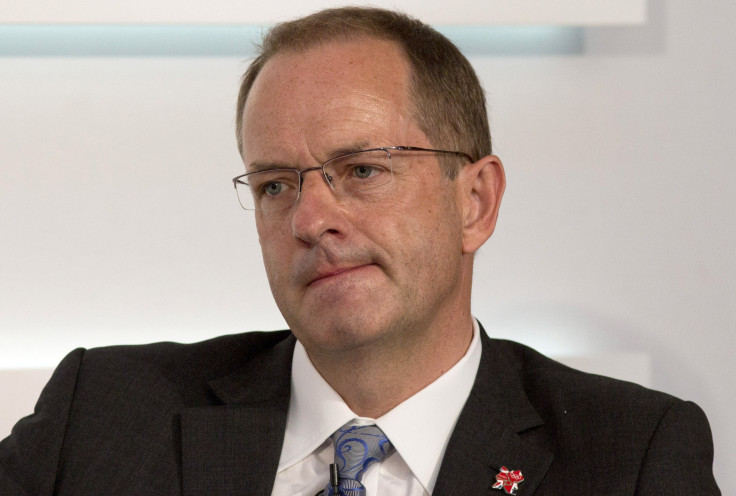UK Drug Giant Found No Evidence Of Bribery In Its China Business After Investigation Triggered By Anonymous Tipster
U.K. drug giant GlaxoSmithKline (NYSE:GSK), has announced that after a four-month investigation, it has found no evidence of corruption or bribery at its business in China. The investigation resulted from allegations from an anonymous tipster that Glaxo’s sales staff in China bribed doctors to prescribe the company’s drug between 2004 and 2010.
The tipster has alleged that Glaxo’s China sales staff provided doctors with speaking fees, cash payments, lavish dinners and all-expenses-paid trips in return for prescribing Glaxo medications, Wall Street Journal reported. The allegations were sent to Glaxo’s board, top executives and compliance officers in January.

“Over the last four months we have used significant resources to thoroughly investigate each and every claim from this single, anonymous source and have found no evidence of corruption or bribery in our China business,” a Glaxo spokesman said, confirming the company’s investigation.
The spokesman added that Glaxo sometimes pays health-care officials to participate in Glaxo-sponsored events and reimburses them for attending scientific conferences and that such payments aren’t improper, according to Wall Street Journal. The spokesman also said Glaxo policy complies with U.S. and Chinese policy prohibiting off-label promotion of pharmaceuticals.
“GSK takes all whistle-blowing complaints seriously and will investigate any allegation,” the company added in a statement.
The allegations come as Glaxo seeks to repair its image after recent $3 billion settlements with U.S. regulators tied to drug-marketing tactics, Bloomberg reported. In the settlements, the company admitted marketing practices relating to some of its drugs were illegal.
Currently, the Chinese market generates around 3 percent of Glaxo’s total sales, but the company’s growth is much quicker there than in more established markets like Western Europe, Wall Street Journal reported.
The allegations highlight the challenges multinational pharmaceutical companies face in China, because its health care system is controlled and owned by the state, and has always had a tradition of government patronage and gift-giving.
Separately, Glaxo said earlier this week it has fired the head of Chinese research and development after discovering that a paper he helped write for the journal Nature Medicine contained data that had been misrepresented. A second individual has submitted his resignation and three others have been placed on administrative leave, pending a final review, the company said in a statement June 10 on its website, according to Bloomberg.
© Copyright IBTimes 2024. All rights reserved.











